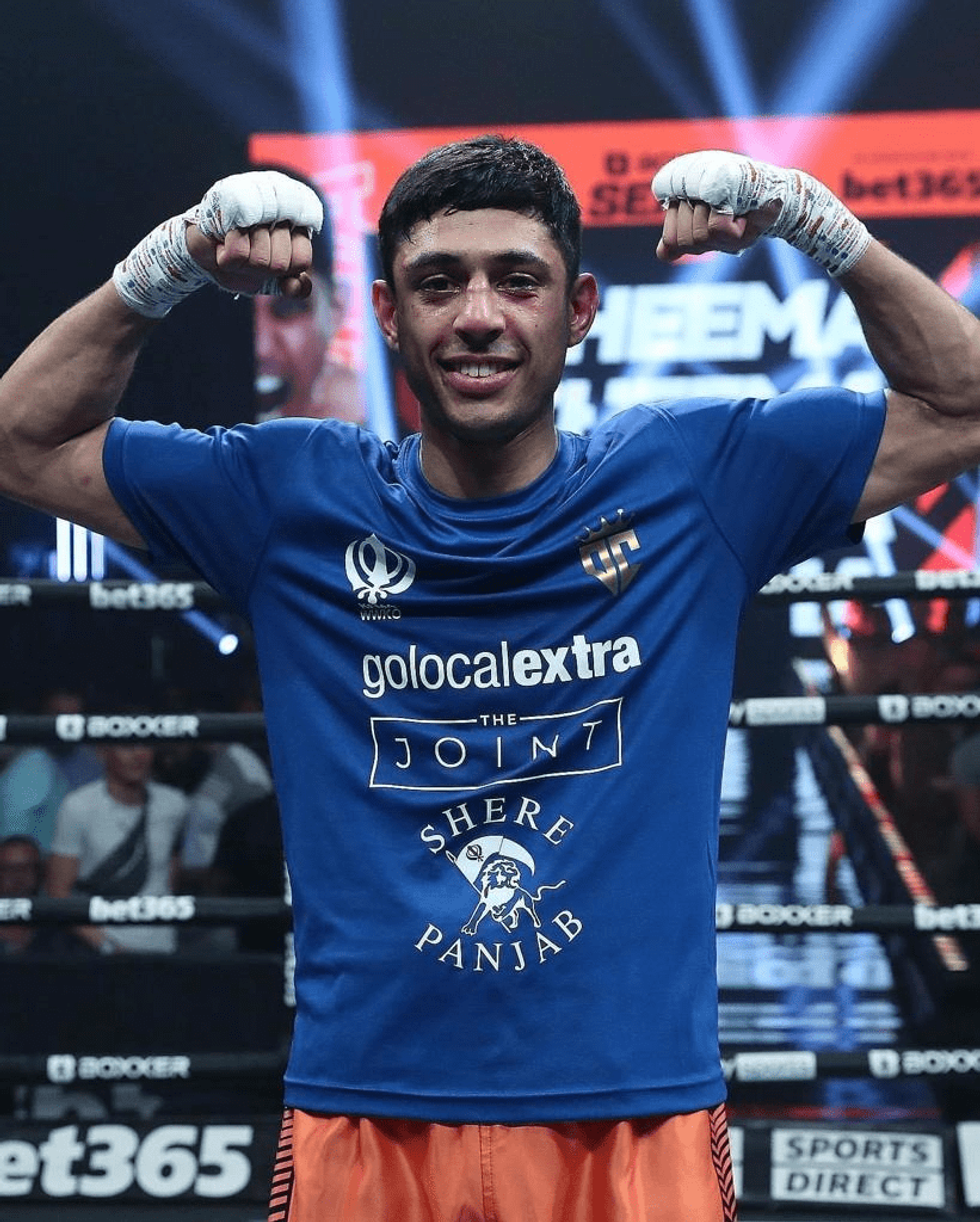HOMETOWN boy Dylan Cheema became the Boxxer series lightweight champion by defeating Rylan Charlton in the final in Coventry by unanimous decision.
On his way to victory, Cheema knocked out Otis Lookham inside the first round of the opening quarter-final and beat Scott Melvin by a split decision in the semi-finals, reported Sky Sports. He also took home £40,000 prize money after the encounter.
According to the report, Charlton came out swinging early in both of the first two rounds of the final. However, Cheema displayed a great chin and ultimately defeated his opponent with some crisp body shots and counter-punching.
Charlton began to tire and became a little more ragged as the fight wore on, although he produced one final assault late in the third in a stunning finish to the final.
"Cream of the crop, this is absolutely fantastic. I owe it to every single person who's turned out tonight because we came out to win. Respect to Rylan, he was really tough," Cheema told Sky Sports after his win.
Former kickboxing world champion added that winning the Boxxer lightweight series will give him great opportunities in boxing.
"This is the start. I'm ready for the bigger nights. I came into this tournament with two fights. I leave with five fights undefeated and one KO. I've got a good manager and a good team, and they're going to guide me," Cheema was quoted as saying by Sky Sports.

Punjabi-origin Cheema, 25, represented Khalsa and depicted their flag on the stage after his victory. Khalsa refers to both a community that considers Sikhism as its faith, as well as a special group of initiated Sikhs.
In the semi-finals, Cheema had edged out Melvin by split decision, while Charlton delivered a brutal knockdown of his own to beat Shaun Cooper in the third round of their bout.
Earlier, Cheema got the evening off to a sensational start with his stunning TKO victory over Lookham inside the first round.
In the other quarter-finals, Melvin won the battle with his training partner Tion Gibbs by split decision, while Charlton and Cooper both secured wins by unanimous decision over Joe Underwood Hughes and Brooklyn Tilley respectively.





